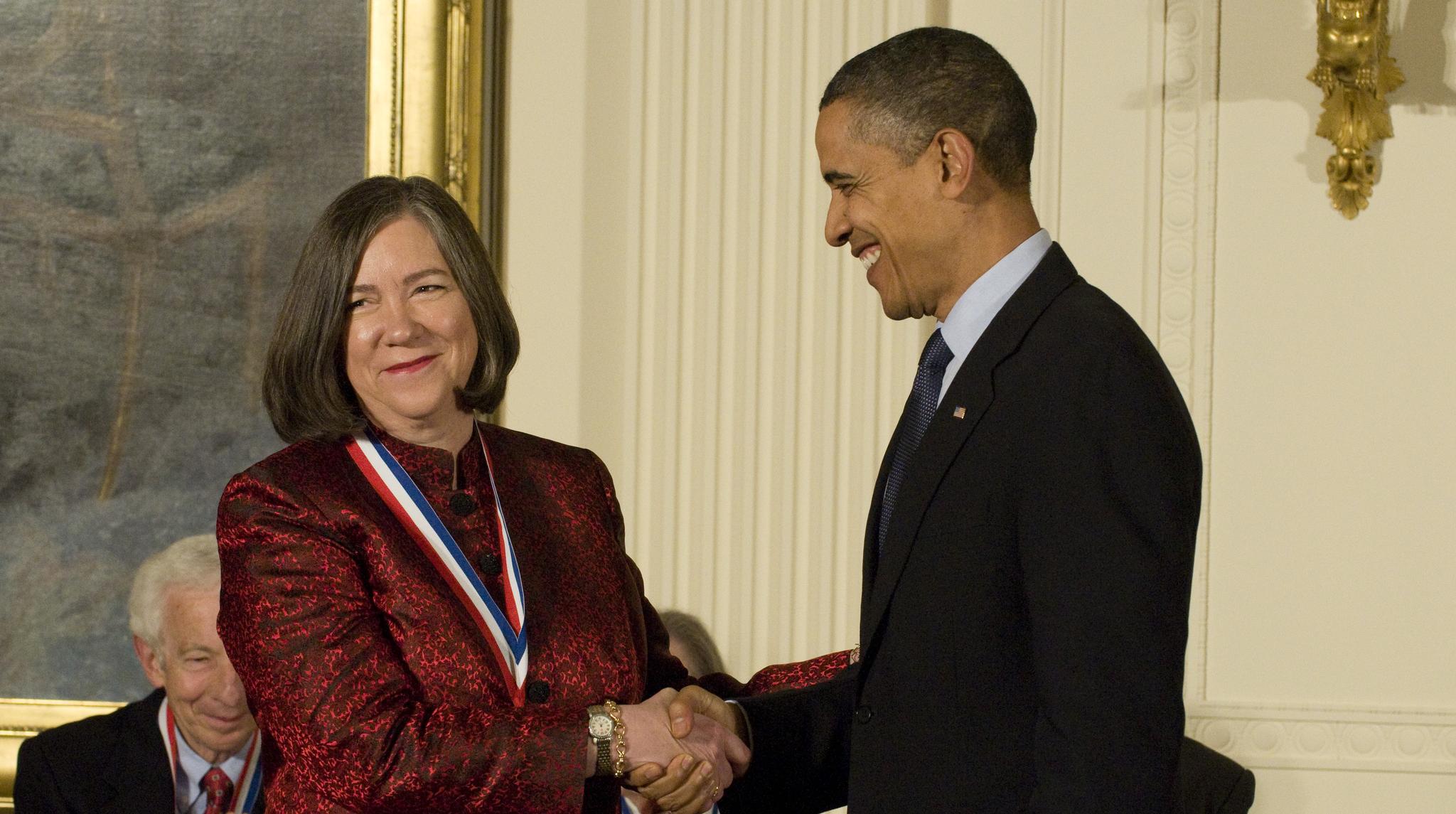And I was a young girl at a time when most young women didn’t have much of sense that they could actually go on into science and be a scientist. And it never had actually occurred to me. I thought: well, maybe I could be a nurse…maybe I could be a teacher.
My parents definitely had in store for me to, you know, be a wife and mother and stay at home. But I kind of, I guess I read a few biographies. I read a biography of Elizabeth Blackwell, who was the first woman doctor in the United States, when – gosh again – I must have been in about 5th or 6th grade, something like that. So I at least had some thought that I would like to do something with my life.
And it really wasn’t until I got to college that I really started to, well, think about: well, what are you going to do with your life. And I was majoring in biology, or microbiology to be more precise simply because I was fascinated by biology, and a lot of the early work that really started to explore: well, how does an organism inherit a trait. How does an organism change what it’s doing. That was all done in microorganisms, and particularly in bacteria.
So that’s why I started to major in that. And it really wasn’t until I guess my junior year that one of my professors said to me: Would you be interested in doing some research over the summer. That I all of a sudden, that I thought: Oh my God, that would be amazing! To actually participate in the discover aspect of what I was reading about and learning about.
And so, I went into his laboratory, he was a microbiologist who worked on bacteriophage, which are viruses that attack bacteria. And I had a successful summer in that I actually did a couple of experiments that worked, which was great, they didn’t actually wind up leading anywhere, but it was just exciting to particulate in something that you could design an experiment, and you could say: well if this and that is true, then if I do this, then this should happen. And my gosh, a couple of those things happened. And it was just a really an electrifying experience.
And so I decided really then at the end of that summer that I wanted to go to graduate school. And become a scientist.




